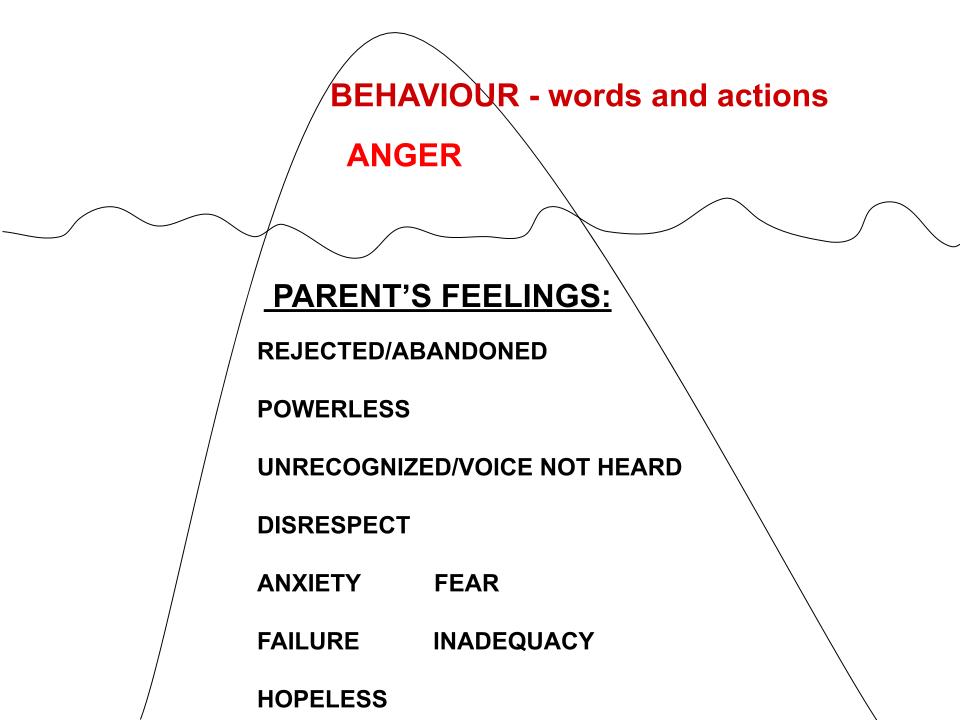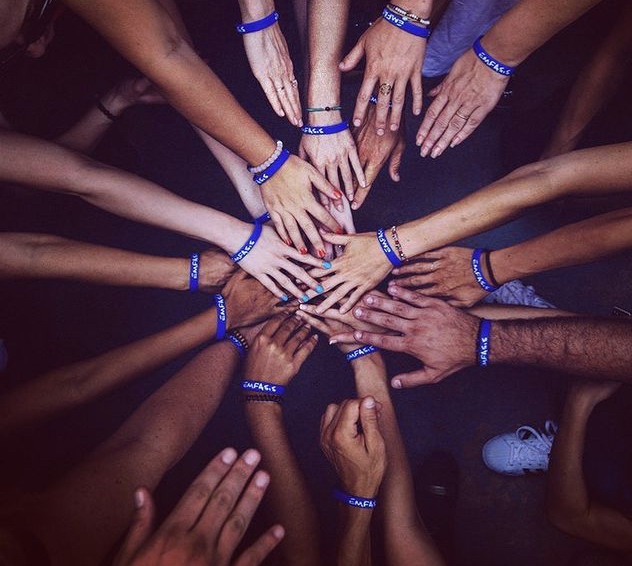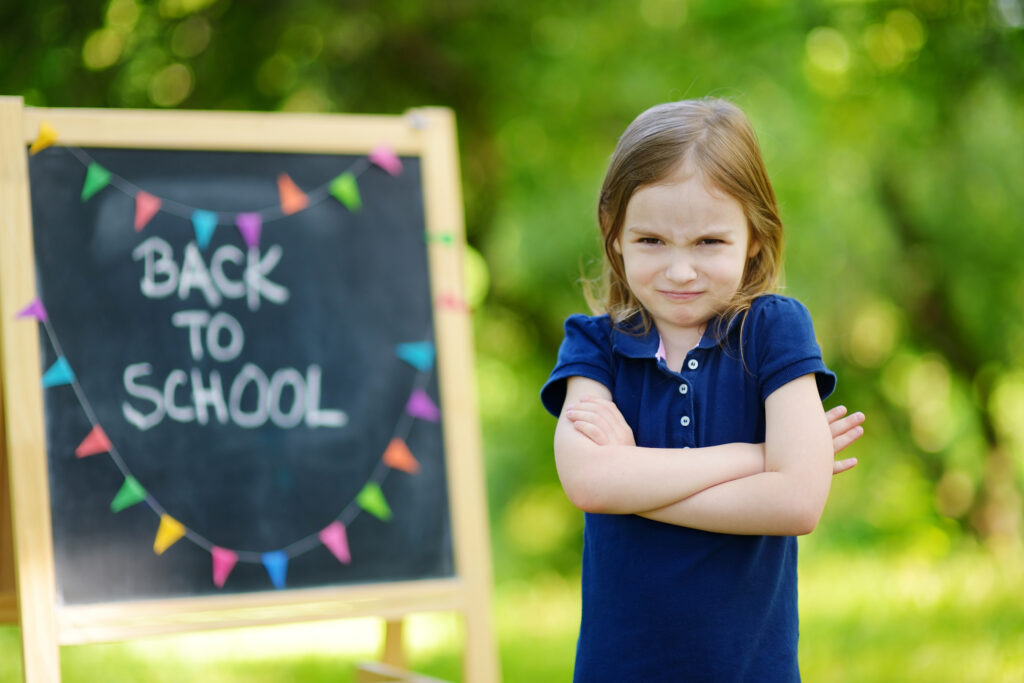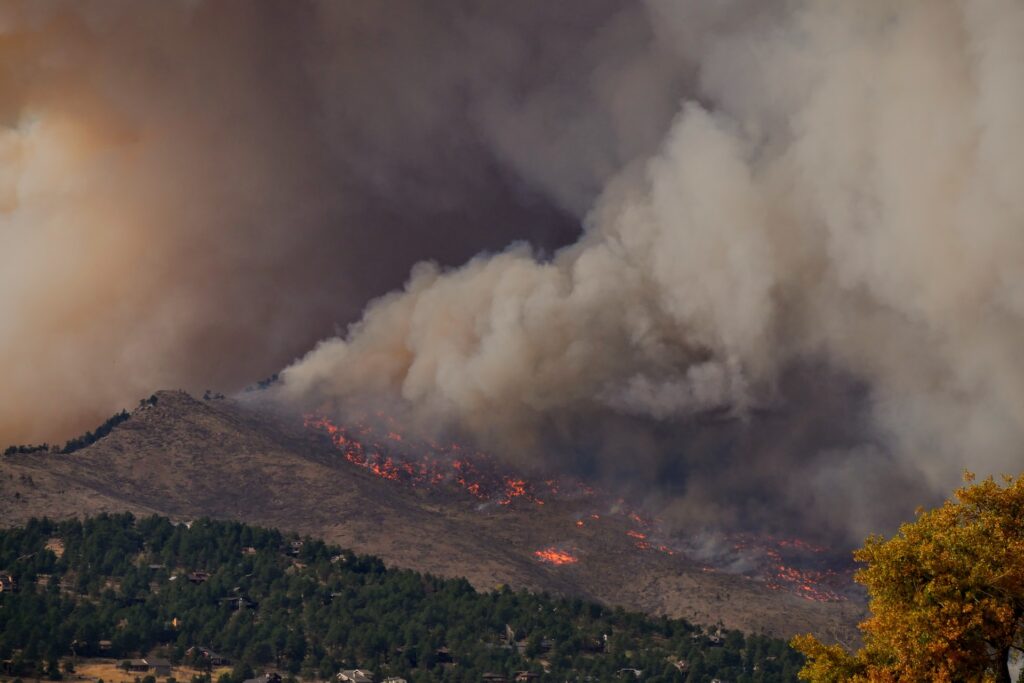
Photo by Mathieu Perrier on Unsplash
I used the concept of the iceberg theory – a visual image of an iceberg to show the deeper feelings that are happening below the surface when a child is “acting out” on the surface.
Today, I’m focusing on the parent’s iceberg and what is going on at a deeper level for parents when they experience their child’s “acting out” behaviour.
The Parent’s Iceberg
As with the child’s iceberg, the parent’s iceberg is the same on the surface: we act out through negative words and actions and show anger.
Why Do We Act Out When Our Child Is Acting Out?
Because we get triggered.
Why Do We Get Triggered?
Everyone has some deep, inner wounds, and these get activated or triggered by certain situations. We then may start acting out which literally means that we are acting out whatever is happening on the inside. However, this is usually done in a reactive way which one later regrets.
How Do I Become Aware of My Triggers?
First, take a look at the diagram below and see which of the feelings shown below the surface apply to you. For example, perhaps disrespect and feeling unrecognized/not heard resonate with you.
Then ask yourself, when, as a child, did I have these feelings? Perhaps I grew up in a family where it felt as though my voice was not heard. Perhaps my brother or sister seemed to be recognized more than I was…
(In this previous article, I dive deeper into recognizing your own triggers from your family of origin, which get activated now in your current family.)
Now that you have traced your trigger(s) back to your earlier painful memories, you have a new awareness.
This is positive because the next time these feelings are triggered within you, you will be more able to tell yourself that this is your inner-child’s wounds being triggered and it’s not okay to blame or react to your actual child in front of you.
(I also have a great two minute video from Will Smith that I share about Fault vs. Responsibility here.)
What Can I Do When I’m Triggered?
Now that you have a new awareness about the source of your own triggers, you may be able to hold the tension that occurs, when you get triggered, and not act out or react.
You may be able to take a few deep breaths and focus back to your actual child, and give them what they need – support, validation etc.
If you are extremely triggered, and you’re aware that you are going to yell or say something hurtful, then tell your child that everyone’s upset and needs some calm-down time and you’re going to get a glass of water or walk around the living room, while taking some deep breaths.
It’s very important to give yourself a “responsible time-out” which means that you don’t flee or storm away from your child without letting them know that you’re taking a short break and that you’re coming back so that they don’t feel rejected or abandoned.
We have all heard that our children are out biggest teachers, but now you know why.
They hold up a mirror for us to see our own wounds that need healing.
They show us what we need to focus on for our own self-growth and healing.
We need to pay attention to these signals, and be kind to ourselves.
What can we do to release these emotions responsibly?
What can we do to process our own triggers?
Perhaps we can talk to our partner about them, or a counsellor or a friend. Perhaps we can journal about them, meditate or talk to our family of origin members about them…
During this “stay-at-home period”, it may be activating more triggers than usual as having some “me” time is less available. However, this is also a time to reflect and grow.
For all the mothers out there, I wish you a happy Mother’s Day with your loved ones. For those who have lost their mother, lost a child, or are struggling to have a child, my thoughts are with you too.
Warmly,

PS. Registration is now open for my September “Brain Science” groups for 7-9 year olds and 10-12 year olds to teach them about anxiety and anxiety management skills. Click here for more information.
Want to Connect?
Subscribe now to receive free weekly parenting tips and inspiration.







